Understanding currency, how to get most bang for your buck when traveling internationally
When traveling abroad, keep currency in mind to avoid overpaying for international purchases
Kudlow: It's important US currency is center of world's financial system
FOX Business host Larry Kudlow provides insight on the value of the U.S. dollar on "Kudlow."
Traveling internationally can come with a lot of additional fees that quickly add up on your vacation. From foreign transaction fees to currency conversion fees, there are so many things to look out for.
When traveling abroad, knowing exactly what your dollar is worth and how to avoid unnecessary fees can keep a lot of money in your pocket. Learning the basics of currency and how it works can be a powerful tool when traveling to another country.
The following is information on common currencies, exchange rates and tips for international travel that will save you cash in the long run.
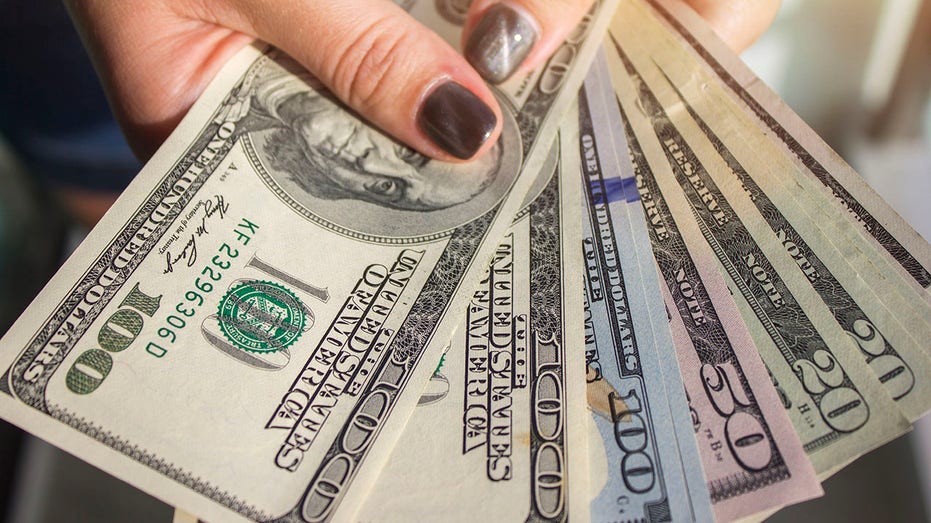
Knowing how the dollar's value relates to the currency of the country you are visiting is good knowledge to have when traveling internationally. (iStock / iStock)
SMART SHOPPING EXPERT GIVES TIPS FOR VACATIONING WITHOUT BREAKING THE BANK
- What are the most common currencies?
- What is the definition of currency?
- Which currencies are the most powerful?
- How can I convert currency in real time?
- How do I get the most for my money when traveling internationally?
1. What are the most common currencies?
When people talk about the most common currencies, they are often referring to those that are used the most frequently in terms of trading.
The U.S. dollar (USD) is used the most frequently in international commerce. This makes the dollar a very powerful form of currency.
Other common currencies are the euro (EUR), the Japanese yen (JPY), the British pound (GBP), the Australian dollar (AUD) and the Canadian dollar (CAD).
10 MOST POPULAR INTERNATIONAL TRAVEL DESTINATIONS
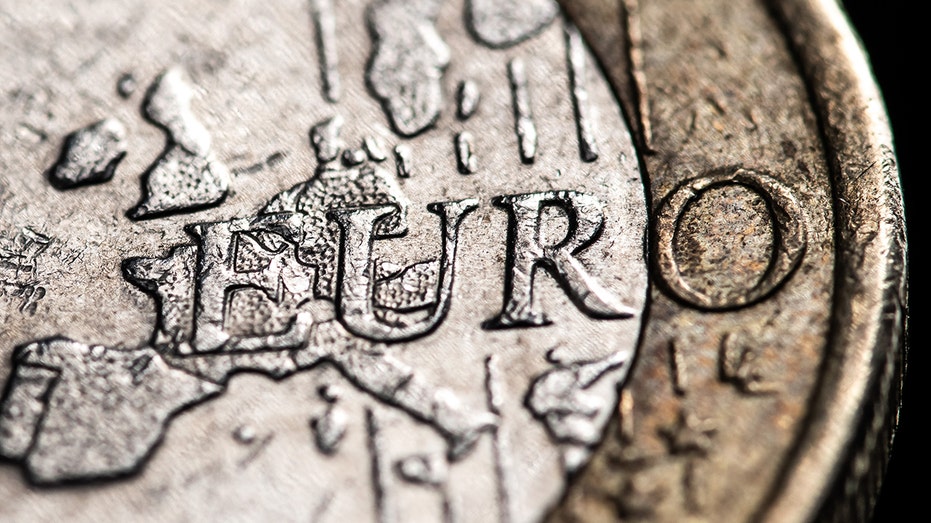
Other than the U.S. dollar, another common currency is the euro. (Silas Stein / picture alliance / File / Getty Images)
2. What is the definition of currency?
The definition of currency is "a medium of exchange for goods and services," according to Investopedia.
Currency is what is used in a particular country as its primary system of money. This comes in the form of paper bills and coins.
While the bills and coins a country uses stay primarily the same, their value, as it relates to other currencies, does fluctuate. In fact, the global currency market is constantly floating, with exchange rates between the world's most powerful currencies rising and falling with the vicissitudes of the international markets.
3. Which currencies are the most powerful?
In terms of exchange rate, or the price of one currency related to another, the Kuwaiti dinar is the strongest with respect to the US dollar. In other words, it has the most favorable exchange rate to US currency: it takes $3.25 U.S. dollars to buy 1 Kuwaiti dinar.
HOW TO STAY CONNECTED ON YOUR PHONE WHILE TRAVELING ABROAD
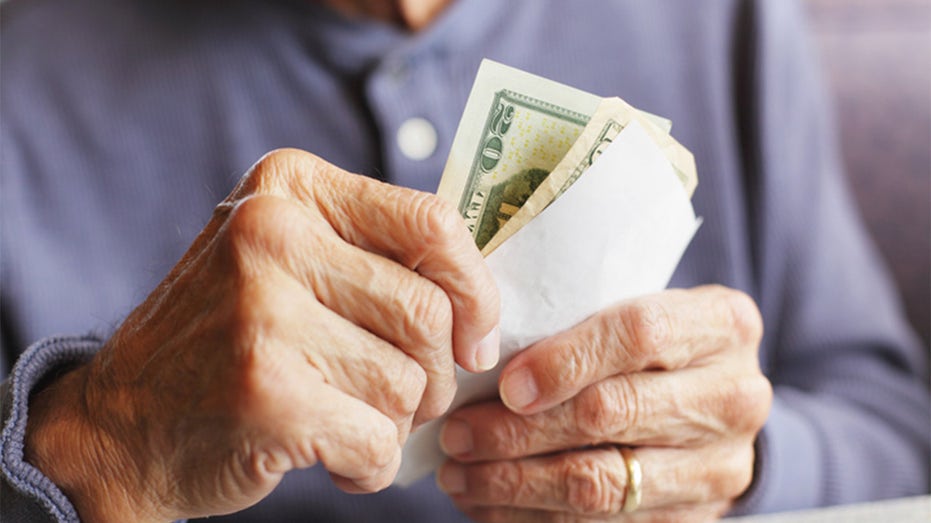
Historically, the U.S. dollar is one of the most powerful currencies in the world. (iStock / iStock)
In terms of overall value, the U.S. dollar is often said to be the most powerful form of currency. This holds true for many reasons.
When it comes to the U.S. dollar's value historically as it relates to the currencies of its trading partners, it has held its value well over the long term.
4. How can I convert currency in real time?
When traveling internationally, it is vital to keep currency in mind so that you are not overpaying when converting currency and getting hit with foreign transaction fees that add up quickly during a trip.
There are several quick and easy ways to convert currency in real time online, so that you are fully aware of how much your dollar is worth in other places.
BEST REWARDS CREDIT CARDS AND HOW POINTS CAN BE REDEEMED FOR TRAVEL, CASH BACK OR GIFT CARDS
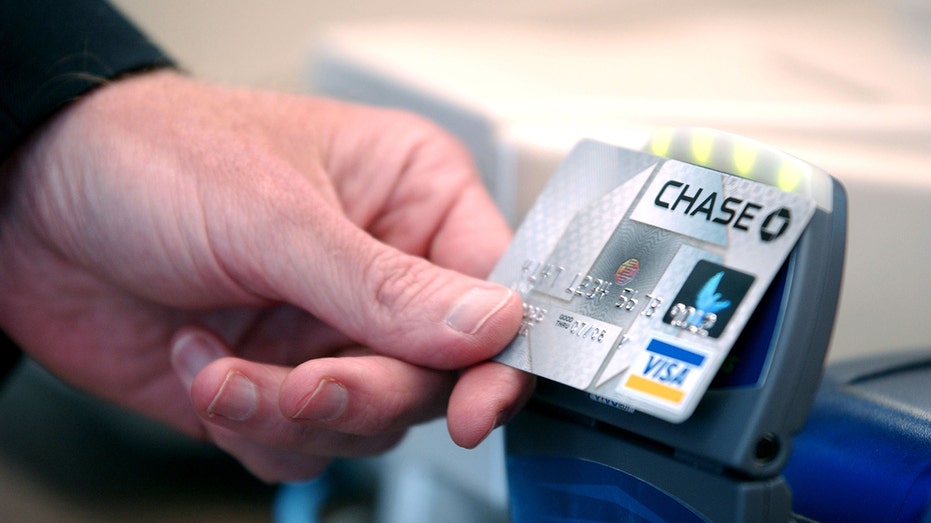
Get a credit card that includes travel points to help pay for your vacation. (Thomas Cooper / File / Getty Images)
These numbers fluctuate over time. Below is a rough estimate of currency conversions for the five most commonly used currencies.
- 1 dollar = 0.92 euros
- 1 dollar = 145.20 yen
- 1 dollar = 0.79 pound sterling
- 1 dollar = 1.56 Australian dollars
- 1 dollar = 1.35 Canadian dollars
5. How do I get the most for my money when traveling internationally?
There are many things you can do to help you save money when you are traveling internationally.
Firstly, be aware of the exchange rates. When you are traveling to another country, know exactly what your dollar is worth. You can do this by using an online converter to see exactly what the dollar converts to when you are in another country.
When planning a trip abroad, take a good look at your credit card and the perks it offers you. You can save hundreds of dollars through travel rewards credit cards, in which points are earned based on spending that you can use toward your vacation. Using these points can help you save a lot of money on hotels and flights for your international trip.
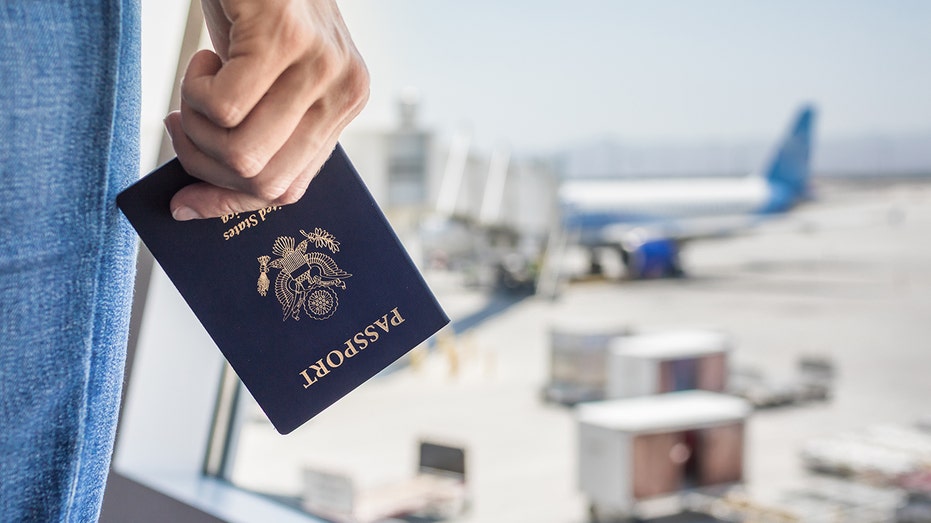
Try to convert your currency before leaving for your trip for better rates. (iStock / iStock)
GET FOX BUSINESS ON THE GO BY CLICKING HERE
You should also examine your credit card and/or debit card's foreign transaction fees. Try to choose cards that have a very low foreign transaction fee, or better yet, no fee at all. Cards with high foreign transaction fees are going to cost you during your vacation. Save the money on fees, so you can spend that money on enjoying yourself during your travels. When you do have to take money out of the ATM while abroad, try to find your bank's ATM network for the best rates.
Obviously, if you are short on cash and need to go to the ATM, use it. But one of the best ways to exchange currency is actually before you leave. Try to set up a rough budget for yourself, so you know how much cash you'll want to take with you. Then, contact your local bank before your trip to exchange your currency. Leave yourself some time before your trip, so the bank has time to get you your foreign currency. Then, just pick up your cash in the currency you need before you go. Banks and credit unions usually have better exchange rates, so it's wise to do this before you reach your destination.
If you decide to pay with a card for a purchase when you are abroad, choose the option to pay in local currency versus USD when you are given the choice. You are typically given a better conversion rate when you choose to pay in local currency.




















